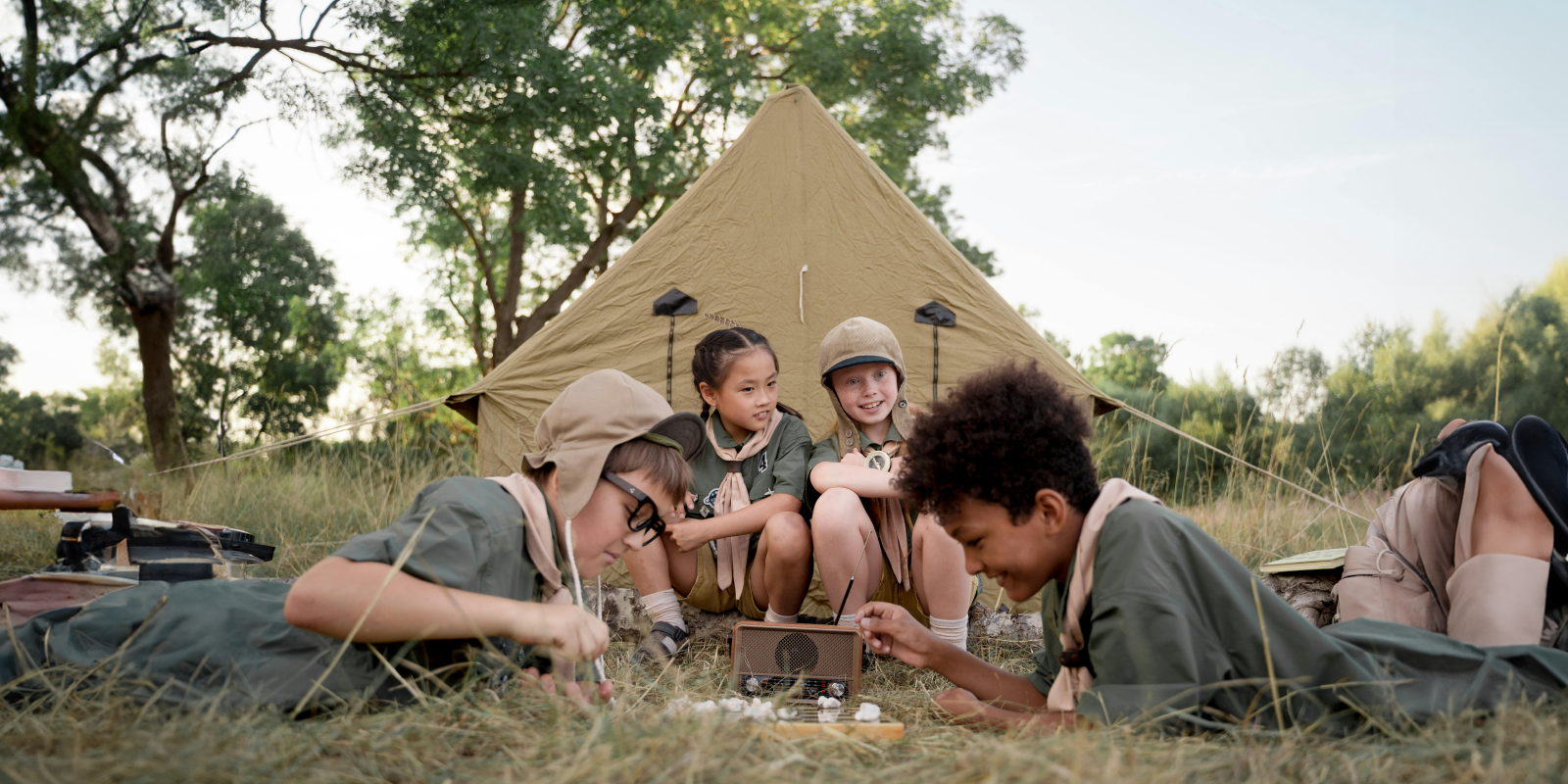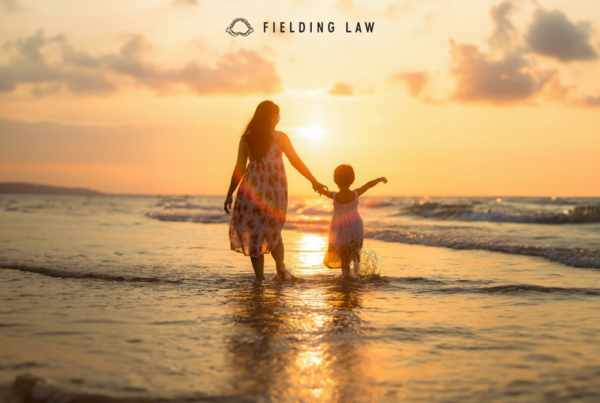Summer camp is a time for children to enjoy fun activities and create lasting memories. However, when an injury occurs, it can raise questions about legal rights and potential legal action. Here is what you need to know about summer camp injuries and your legal options.
Understanding Summer Camp Injuries
- Types of Injuries: Summer camp injuries can range from minor cuts and bruises to more severe incidents such as fractures, sprains, or head injuries. It is essential to assess the severity and impact of the injury on your child’s health and well-being.
- Common Causes: Injuries at summer camps can occur due to various factors, including sports activities, outdoor adventures, playground accidents, swimming or water-related incidents, and falls.
- Camp Liability: Camps have a duty to provide a safe environment and adequate supervision for campers. If negligence or inadequate safety measures contributed to your child’s injury, you may have grounds for legal action.
Do You Have a Case?
Determining if you have a legal case after a summer camp injury involves several factors:
- Type and Severity of Injury: Evaluate the type and severity of the injury and how it has affected your child’s health and daily activities.
- Negligence: Consider if the injury resulted from negligence on the part of the camp staff or management, such as failure to maintain safe facilities, inadequate supervision, or lack of proper training.
- Liability Agreements: Review any liability agreements you signed during camp enrollment. While these agreements may limit liability, they do not necessarily prevent you from pursuing damages in cases of negligence or misconduct.
Liability Agreements and Legal Options
If you signed a liability agreement, it is crucial to understand its implications:
- Scope of Liability: Determine if the agreement addresses the specific circumstances of your child’s injury and the camp’s responsibilities.
- Enforceability: Consult with legal experts, such as Fielding Law at 833.88.SHARK, to assess the enforceability of the liability agreement. Some agreements may be deemed unenforceable if they violate state laws or public policy.
- Negligence vs. Intentional Harm: Differentiate between negligence and intentional harm. Liability agreements typically do not protect camps from liability for acts of gross negligence, recklessness, or intentional misconduct.
Why Hire Fielding Law
Here is why consulting with Fielding Law can make a difference:
Legal Expertise: Our experienced attorneys specialize in personal injury cases, including summer camp injuries. We can assess the details of your case, determine liability, and pursue fair compensation on your behalf.
Compassionate Support: We understand the emotional toll of a child’s injury. Our team provides compassionate support, guidance, and personalized attention throughout the legal process.
Negotiation and Advocacy: We will negotiate with insurance companies and advocate for your rights to ensure you receive the best possible outcome, including compensation for medical expenses, pain and suffering, and long-term effects of the injury.
If your child was injured at summer camp and you are unsure about your legal options, contact Fielding Law at 833.88.SHARK for a confidential consultation. We are here to help you navigate the complexities of summer camp injury cases and seek justice for your child.
Note: Information provided is for educational purposes and does not constitute legal advice. Always consult with a qualified attorney for legal concerns.





